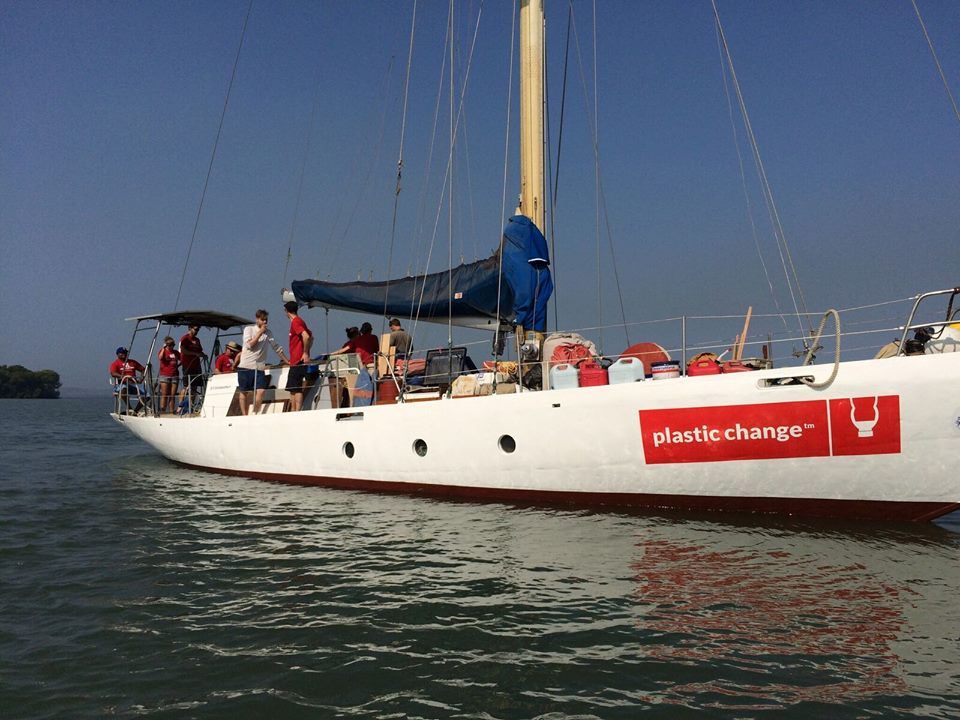The Danish environmental organisation Plastic Change has sent a research ship into the Pacific Ocean to study the plastic pollution in the area around the Galapagos Islands all the way up to Los Angeles.
The ship, S/Y Christianshavn, departed from Panama this week and will be out at sea for the next two months as part of the ‘Plastic Change – The Midway Solution’ project. It is carrying researchers from several Danish universities.
“We expect there to be quite a bit of plastic off the coast where large rivers deposit into the ocean,” said Henrik Beha Pedersen, the head of Plastic Change.
“Additionally, we expect to find only limited amounts of plastic in the areas located outside the known plastic patches.”
READ MORE: Plastics and toxins with your fiskefillet?
More plastic than fish
The ship is expected to arrive at the Galapagos Islands on around February 25 before continuing north at the beginning of March. The ocean around the islands and up to Los Angeles is not well-documented in terms of plastic pollution.
In November, the expedition aims to continue through the great plastic patch in the Pacific Ocean on its way to Hawaii and ultimately the Midway Islands.
A recent report from the World Economic Forum and Ellen MacArthur Foundation predicted that if nothing is done to curb the plastic masses, there will be more plastic than fish in the world’s oceans by 2050.
You can follow the live movements of the S/Y Christianshavn here at marinetraffic.com















